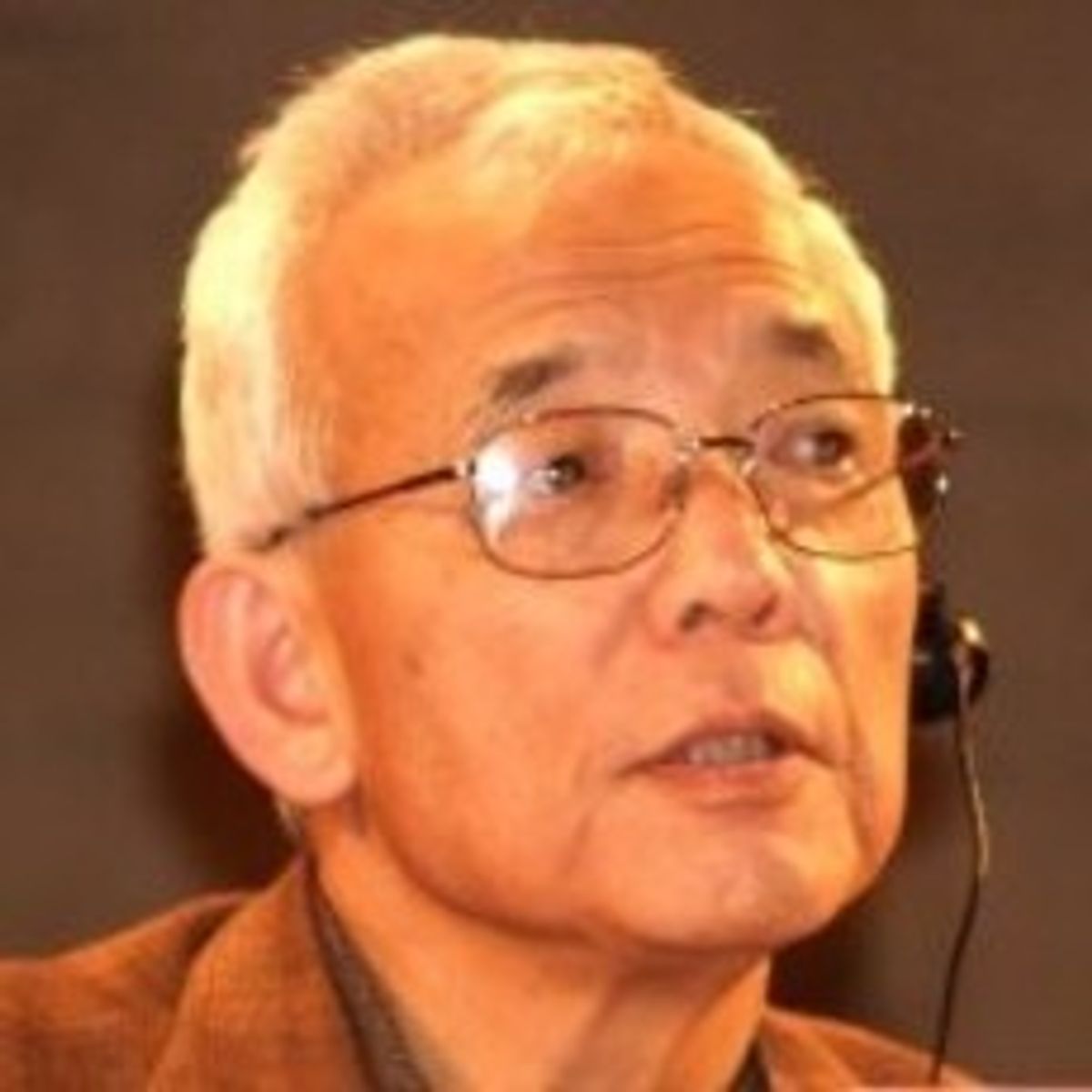As long as we're on the subject of how the Intergovernmental Panel on Climate Change needs to be reformed to be more authoritative, believable, and helpful, we may as well take note of a conference held earlier this week at Columbia University. The panel on IPCC Reform and the Global Climate Challenge brought together scholars from political science to meteorology and produced a remarkable amount of agreement on some key points.
--There's an excessively wide gap between the scientific assessments, on the one hand, and political leaders, policymakers, and members of the general public, on the other. "The IPCC is an assessment of science, by scientists, for scientists," as climatologist Gavin Schmidt put it.
Peter Haas, a specialist on environmental governance, said the assessment reports, besides needing to be more widely seen as legitimate, also should be more timely and pertinent. Only the second of the four assessments reports that have appeared so far was published on the eve of important political decisions being taken, Haas observed.
(Nobody mentioned that the assessment reports also are extremely expensive and bulky, and are never actually seen outside a scientist's office. Why is there not a 175-page summary written for the educated public and published as a paperback?)
--One reason why the IPCC have come under criticism for the way it handles uncertainty is the clumsy way its authors are asked to attach error bars to statements, regardless of whether they have any real basis for evaluating uncertainties or not. The authors need to source what they know more carefully, and refrain from talking about what they don't know, said Syukura Manabe, the computer modeling pioneer.
--The separation of science and policy is too sharp, and the analysis of climate impacts and mitigation strategies too weak, as economist Jeffrey Sachs put it. Manabe noted that most of the errors found in the last assessment were in the impacts section--a subject all the more important now that the Kyoto process is being overwhelmed by fast-growing emissions from the BRIC countries.
Suki Manabe (photo), who can be reasonably described as the father of climate modeling,* was saying that if we can't significantly slow global warming, then we'd better start preparing for its consequences, which are going to be far-reaching and serious. We need to understand them much better, he said, but we know for example that water is going to be a huge issue as the world's wet areas get wetter and its dry areas get drier. We're going to have to worry a lot more about things like water transport and desalination, he said.
_____________________________________________________
*Information on his remarkable career can be found in Spencer Weart's book The Discovery of Global Warming and at the climate website Weart maintains at the American Institute of Physics or in my book Kicking the Carbon Habit, one chapter of which is a profile of Manabe.



